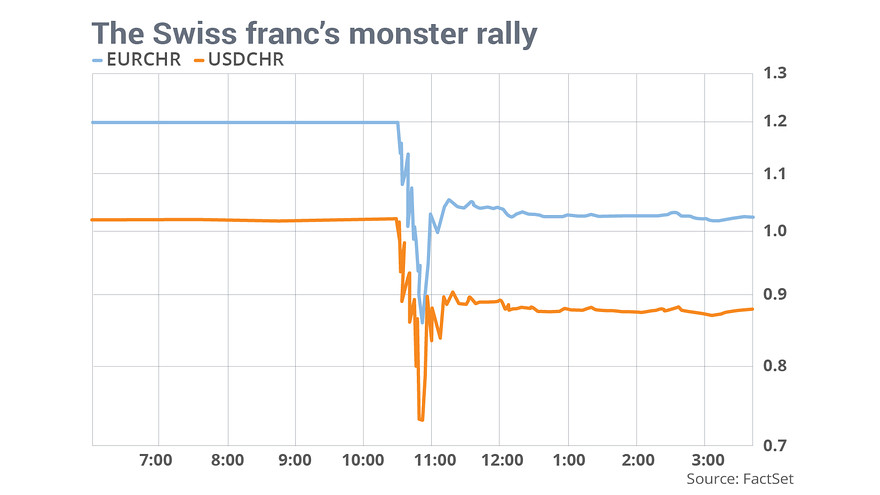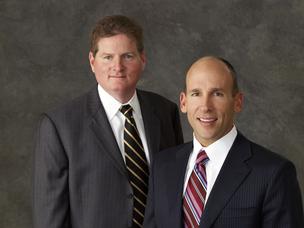 Brokerdealer.com blog update is courtesy of InvestmentNews’ Sarah O’Brien.
Brokerdealer.com blog update is courtesy of InvestmentNews’ Sarah O’Brien.
Independent brokerdealers face challenges everyday. Now with the boom of smartphones, investors are demanding investment apps for their phones. Independent brokerdealers struggle to compete because they don’t have the resources to meet these demands.
An increasingly tech-savvy investor base is challenging independent broker-dealers to meet the demand for simple technology in a way that fits into the complexities of advisers’ businesses and keeps investors’ personal information protected.
“The benchmark is being set, whether we like it or not,” said Edward O’Brien, senior vice president of technology platforms for Fidelity Institutional, during a recent InvestmentNews roundtable discussion with IBD technology leaders.
“Everyone loves the simplicity of their apps and their iPhones and everything they use every day,” Mr. O’Brien said. “We’ll be expected to somehow figure it out and sort it out for our users.”
A Spectrem study released last year showed that 23% of mass affluent investors (net worth $100,000 to $1 million) use mobile technology devices — such as smartphones and tablets — to buy and sell investments, as do 39% of millionaires ($1 million to $5 million) and 62% of ultrahigh-net-worth investors ($5 million to $25 million).
But as younger investors, who are more reliant on their mobile devices and more comfortable using technology for a multitude of tasks, begin to develop more wealth and seek out financial advisers, those percentages are expected to rise.
“The next generation spends more time on devices we haven’t even thought about yet,” said Patrick Yip, director of advisory market technology strategy for Pershing.
Security — whether regarding account access through mobile devices or for electronically stored private data — is also a major concern as technology evolves.
“Where does security fit in all of this and how do we keep privacy protected for clients?” asked Doreen Griffith, executive vice president and chief information officer at Securities America Inc.
She pointed out how frequently hacking episodes and security breaches occur at companies across all industries. According to Symantec’s 2014 Internet Security Threat Report, in 2013, there were 253 security breaches, representing a 63% annual increase and resulting in the exposure of 552 million identities.
Also, 38% of mobile users experienced mobile cybercrime in the previous 12 months, with lost or stolen devices remaining the biggest risk, according to the report.
PRIVACY EXPECTATIONS
“I think the consumer expectation of privacy is going to be changing with all of the security [breaches] that are going on,” said Ryan Reineke, chief operating officer and senior vice president of technology at Cambridge Investment Research Inc.
The IBM Security Services 2014 Cyber Security Intelligence Index showed that, among the industries monitored by the company, finance and insurance were the most targeted for hacking attempts, making up about 24% of all attempts. The study also showed that among IBM’s clients, the average company endures about 1,400 security breach attempts a month.
Additionally, security concerns come into play with IBD third-party vendors. If an IBD uses a cloud service, for instance, the company has to worry about that provider’s system getting hacked.
“How about all these security reviews that we put the vendors through?” asked Jon Patullo, managing director of technology product management at TD Ameritrade Institutional. “If we were able to standardize that, it would make it easier on all of us to integrate with them as well.”
Also important is figuring out to what degree mobile device usage should be part of an IBD’s technological focus.
“One of the things we’re struggling with is trying to strategically decide where we’re going and whether or not we’re really being mobile-focused [or] touchscreen-focused, or the next thing might be voice-focused,” said Darren Tedesco, managing principal for innovation and strategy at Commonwealth Financial Network. “Ultimately where we think it’s going is to talk … It’ll be “Trade Darren Tedesco, Roth IRA, 100 shares, at market, done.’
“When you’re dealing with that as the user experience, you’re dealing with the interface,” Mr. Tedesco said.
For the full article from InvestmentNews, click here.





